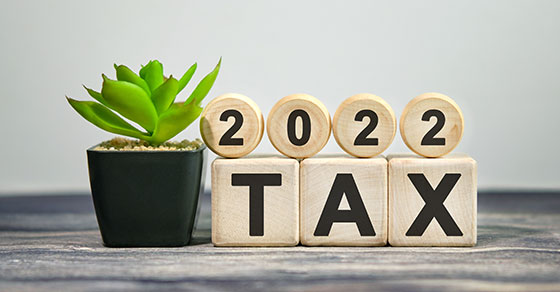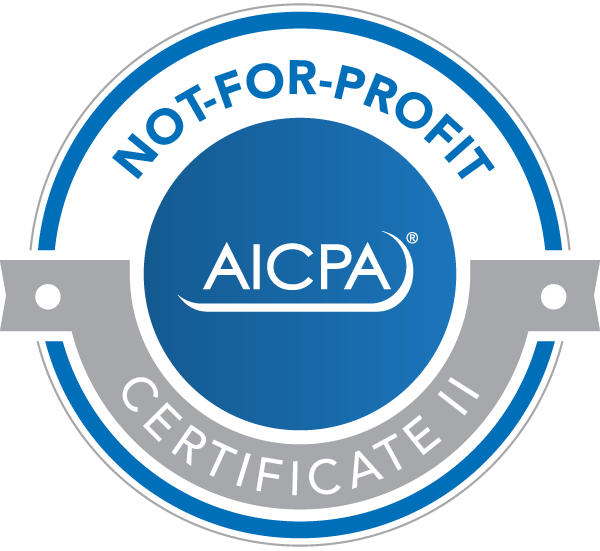If you don’t have enough federal tax withheld from your paychecks and other payments, you may have to make estimated tax payments. This is the case if you receive interest, dividends, self-employment income, capital gains or other income. Here are the applicable rules for paying estimated tax without triggering the penalty for underpayment.
When are the payments due?
Individuals must pay 25% of a “required annual payment” by April 15, June 15, September 15, and January 15 of the following year, to avoid an underpayment penalty. If one of those dates falls on a weekend or holiday, the payment is due on the next business day.
So the third installment for 2022 is due on Wednesday, September 15. Payments are made using Form 1040-ES.

How much should you pay?
The required annual payment for most individuals is the lower of 90% of the tax shown on the current year’s return or 100% of the tax shown on the return for the previous year. However, if the adjusted gross income on your previous year’s return was more than $150,000 ($75,000 if you’re married filing separately), you must pay the lower of 90% of the tax shown on the current year’s return or 110% of the tax shown on the return for the previous year.
Most people who receive the bulk of their income in the form of wages satisfy these payment requirements through the tax withheld by their employers from their paychecks. Those who make estimated tax payments generally do so in four installments. After determining the required annual payment, divide that number by four and make four equal payments by the due dates.
But you may be able to use the annualized income method to make smaller payments. This method is useful to people whose income flow isn’t uniform over the year, perhaps because of a seasonal business. For example, if your income comes exclusively from a business operated in a resort area during June, July, and August, no estimated payment is required before September 15.
Who owes the penalty for underpaying?
If you don’t make the required payments, you may be subject to an underpayment penalty. The penalty equals the product of the interest rate charged by the IRS on deficiencies, times the amount of the underpayment for the period of the underpayment.
However, the underpayment penalty doesn’t apply to you if:
- The total tax shown on your return is less than $1,000 after subtracting withholding tax paid;
- You had no tax liability for the preceding year, you were a U.S. citizen or resident for that entire year, and that year was 12 months;
- For the fourth (January 15) installment, you file your return by that January 31 and pay your tax in full; or
- You are a farmer or fisherman and pay your entire estimated tax by January 15, or pay your entire estimated tax and file your tax return by March 1.
In addition, the IRS may waive the penalty if the failure was due to casualty, disaster or other unusual circumstances and it would be inequitable to impose the penalty. The penalty can also be waived for reasonable cause during the first two years after you retire (and reach age 62) or become disabled.
Do you have more questions?
Contact us if you think you may be eligible to determine your estimated tax payments under the annualized income method, or you have other questions about how the estimated tax rules apply to you.
- Evaluate whether a Health Savings Account is beneficial to you - September 19, 2023
- Investment swings: What’s the tax impact? - September 12, 2023
- Plan now for year-end gifts with the gift tax annual exclusion - September 5, 2023
- Selling your home for a big profit? Here are the tax rules - August 29, 2023
- The tax consequences of employer-provided life insurance - August 22, 2023









